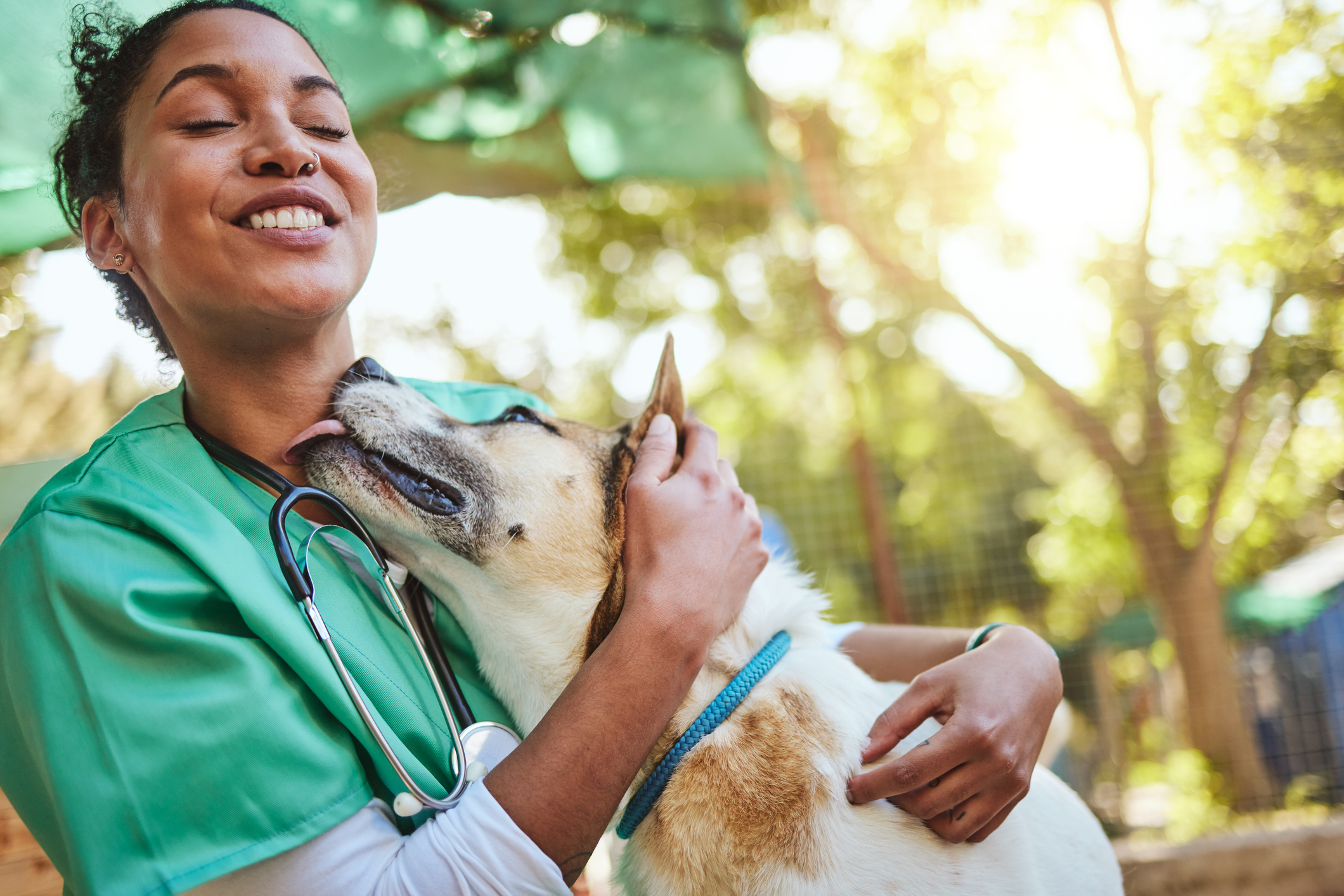Exactly How Emergency Vet Providers Can Give Immediate Relief for Pet Health Crises
Exactly How Emergency Vet Providers Can Give Immediate Relief for Pet Health Crises
Blog Article
Inoculation Guidelines From Your Trusted Veterinarian
Inoculation guidelines supplied by your trusted vet play a vital role in guarding your animal's wellness and well-being. Additionally, addressing typical misunderstandings surrounding vaccinations can additionally boost pet owners' confidence in these precautionary measures.

Significance of Vaccinations
Vaccinations play an essential duty in securing family pets versus a series of avoidable illness. By stimulating the body immune system to recognize and deal with certain microorganisms, vaccinations significantly reduce the incidence of transmittable illness that can impact a pet's health and long life. Not only do inoculations shield individual pets, but they additionally add to herd resistance, thereby lowering the general occurrence of diseases in the pet dog populace.
Timely vaccinations help to minimize the spread of illness such as rabies, parvovirus, and distemper, which can have severe consequences for both humans and family pets. In addition, vaccinations are frequently a demand for boarding facilities, brushing services, and dog parks, making them vital for those who desire to mingle their pet dogs.

Core Injections for Animals
While the certain vaccination needs of animals can differ based upon individual factors, core vaccines are universally advised to safeguard versus one of the most common and severe conditions (Pet Health Checkup). Core injections are those regarded important for all pets, no matter of their way of life or geographical place, as they safeguard against potentially deadly and very infectious illnesses
For pets, the core vaccinations include those for canine distemper, parvovirus, adenovirus (hepatitis), and rabies. Adenovirus can result in liver disease, while rabies is a zoonotic disease that poses a risk to both family pets and people.
In cats, core vaccines incorporate feline panleukopenia, feline calicivirus, feline herpesvirus (rhinotracheitis), and rabies. Feline panleukopenia is an extremely infectious viral disease that impacts the body immune system and intestines. Calicivirus and herpesvirus are major contributors to top respiratory system infections in pet cats, while rabies continues to be a vital problem for public health and wellness.
Consult with your vet to ensure your family pets obtain their core inoculations on time.
Non-Core Vaccines Explained
Non-core vaccines are customized to resolve details threats connected with a pet's lifestyle, direct exposure, and setting to certain conditions. Unlike core vaccinations, which are widely advised for all pet dogs, non-core injections are considered based on individual circumstances. These vaccines are especially important for pet dogs that may experience one-of-a-kind microorganisms because of their geographical location, traveling practices, or tasks.
Examples other of non-core vaccinations consist of those for Bordetella bronchiseptica, which is linked to kennel cough, and Lyme condition, triggered by ticks. Family pets that frequently interact with various other pets, such as those in boarding centers, canine parks, or brushing settings, may take advantage of Bordetella inoculation. Likewise, if you stay in an area where Lyme disease is widespread, vaccinating versus this illness can be a prudent selection for outdoor-loving pets.
Other non-core injections might include those for leptospirosis, canine influenza, and feline leukemia, relying on the specific risk variables present. It is crucial to have a comprehensive discussion with your vet concerning your animal's way of living and the possible demand for these injections, making certain a tailored inoculation method that finest safeguards your furry good friend.
Inoculation Schedule Review

As family pets develop, it is necessary to stick to the advised booster vaccinations. Pet Vaccinations. For adult animals, core vaccinations are generally given each to three years, depending on the certain vaccine and regional guidelines. Non-core vaccinations might be recommended based on way of life factors and regional condition occurrence, necessitating a tailored technique
Routine vet check-ups are vital for updating vaccination schedules. Your veterinarian can supply support on one of the most appropriate booster shots for your pet dog, factoring in age, wellness condition, and environmental risks. By remaining proactive and informed, pet dog proprietors can guarantee their fuzzy companions receive prompt and reliable vaccinations, therefore securing their wellness and well-being throughout their lives.
Typical Misconceptions Concerning Vaccinations
False impressions this page about animal inoculations can lead to complication and unwillingness among animal owners pertaining to the immunization process. One prevalent myth is that injections are unnecessary for indoor pets. While it's true that indoor animals encounter reduced threats, they are not entirely immune to illness, as virus can be presented via different ways, including human clothes and various other pet dogs.
An additional misconception is that vaccines can cause the conditions they intend to prevent. Actually, the majority of injections have inactivated browse this site or attenuated microorganisms, which can not trigger disease in healthy and balanced animals. Some pet dog proprietors likewise believe that their pet dogs must not be immunized if they are already healthy and balanced; nevertheless, vaccinations are an aggressive action that aids protect against the beginning of health problem.
Additionally, lots of family pet owners are afraid that vaccines will bring about lasting health issues. While adverse effects can happen, they are typically mild and temporary. The advantages of vaccination-- safeguarding family pets from potentially deadly illness-- much exceed the threats. Comprehending these usual misconceptions is essential for accountable pet ownership and making sure the health and wellness of your furry buddies. Constantly consult your vet for exact information tailored to your animal's certain demands.
Verdict
In recap, adherence to inoculation standards is critical for making certain the health and wellness and durability of pets. Eliminating common misconceptions surrounding vaccinations better strengthens the importance of educated decision-making in pet dog treatment.
Not only do inoculations secure individual pets, but they likewise contribute to herd resistance, thus reducing the total prevalence of illness in the pet populace.
False impressions about family pet vaccinations can lead to confusion and unwillingness among pet proprietors concerning the booster shot process. While it's real that interior pets deal with reduced dangers, they are not entirely immune to diseases, as microorganisms can be presented through numerous means, including human apparel and various other animals.
Some family pet proprietors also believe that their animals should not be immunized if they are currently healthy and balanced; however, inoculations are a proactive step that assists stop the beginning of ailment.
The advantages of inoculation-- protecting animals from possibly life-threatening illness-- far outweigh the threats.
Report this page